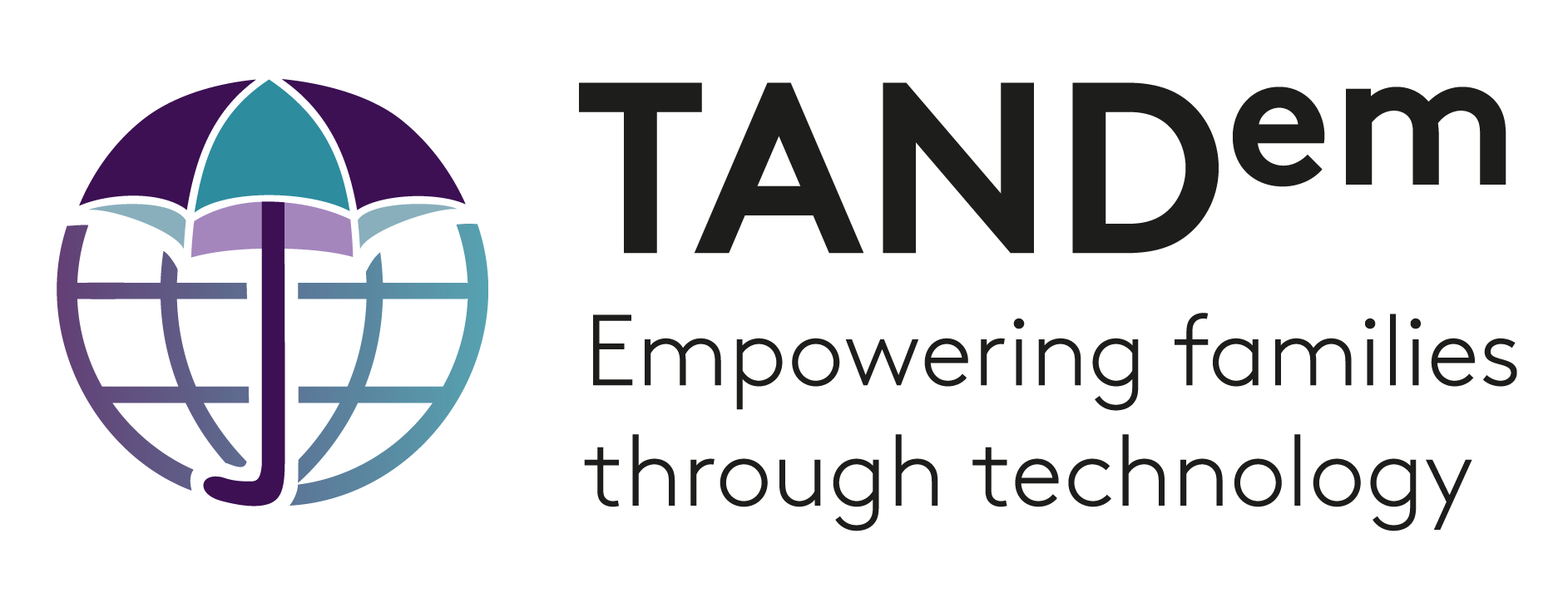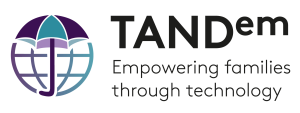Overactive/Impulsive Cluster
Home > TAND Clusters > Overactive/Impulsive > What to seek
What to seek
Worried about overactive and impulsive symptoms?
Many individuals with TSC experience problems in the overactivity/impulsivity cluster. These can include behaviours such as:
- being easily distracted,
- being unorganised,
- difficulty sitting still,
- rushing through tasks, and
- sometimes risky behaviour.
Detailed information about overactive and impulsive behaviours in individuals with TSC has been collated by the TSC Alliance and can be found in the resource panel. Overactivity and impulsivity are often related to Attention Deficit Hyperactivity Disorder (ADHD). ADHD can occur in about 50% of all people affected with TAND. In other cases, your child may not receive an ADHD diagnosis. Even if your child does not have ADHD, overactivity and impulsivity are very common TAND behaviours that require support and intervention.
If the problems are mild, self-management tips described in our toolkit may be useful. If problems are more serious, we advise that you seek professional help from mental healthcare professionals.
Attention Deficit Hyperactivity Disorder and TSC
[tscalliance.org]
Presentations of ADHD
[verywellmind.com]
ADHD Signs and Symptoms in Children
[verywellhealth.com]
Burden of ADHD
[adhd-institute.com]
Seek professional help from mental healthcare professionals
In most countries, mental healthcare professionals who are qualified to help diagnose and treat overactivity and impulsivity are medical doctors, psychologists or other psychotherapists with training in psychiatry, child and adolescent psychiatry or clinical psychology. Medical doctors with training in child/adult neurology or family physicians can be qualified, too. The mental healthcare professional does not have to be specialised in TAND to be able to manage care for individuals with behaviours in the overactive/impulsive cluster, as these behaviours are also common in people who do not have TSC.
Since healthcare systems differ greatly worldwide, we suggest you reach out to your TSC specialist, family physician, or the TSC family organisation in your country.
The importance of seeking professional help
It may be important to seek professional help if you are unable to cope with everyday demands, such as your family or private life, school or work, or any other area of your life. A psychiatrist, psychologist or other mental healthcare professional would be able to provide a thorough evaluation and make recommendations for intervention. A diagnosis, including ADHD which is most commonly associated with overactive and impulsive behaviours, can only be made by experienced professionals.
Tell your doctor about any pre-existing and any recent changes in physical/mental conditions, intellectual disability, and current medications. Diagnostic interviews, standardised interviews, rating scales, school reports, physical examinations or other medical tests can be used to diagnose ADHD.
Treatment options for ADHD
If ADHD is diagnosed, there are pharmacological and non-pharmacological treatment options. Information about pharmacological treatments is provided below, information on non-pharmacological treatments and things that you can do yourselves are presented in the ‘What to do’ section.
There has been little research specifically on the relationship of TSC and overactivity and impulsivity. Most of what we refer to in this section is based on research with people with ADHD, but without TSC, epilepsy or intellectual disability. Treatment options under guidance of your doctor include non-pharmacological treatments and medication.
Non-pharmacological treatments aim to support the individual, family and caregivers with structures and additional resources. Medication can be effective in reducing symptoms and is well tolerated when prescribed by your healthcare professional. Make sure to tell your doctor about any current medication you are taking.




